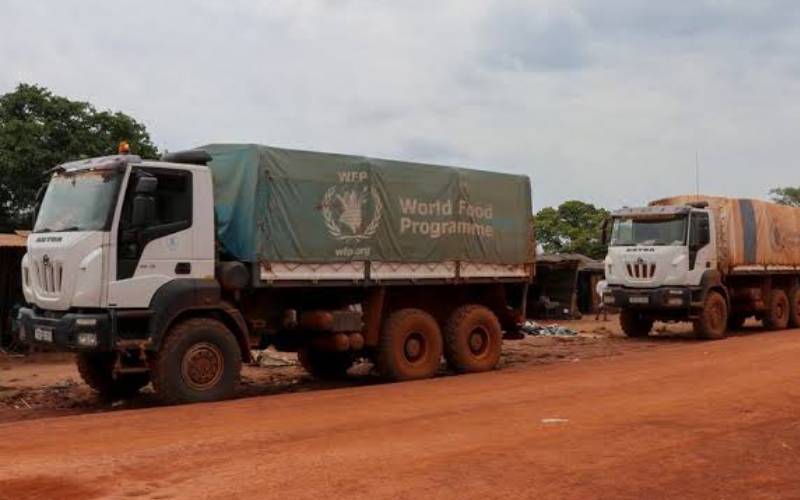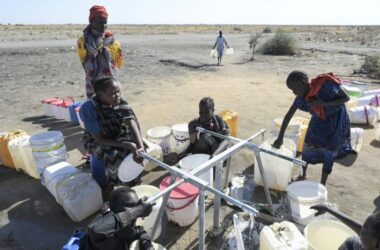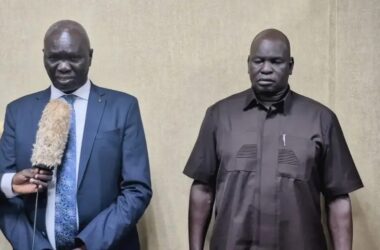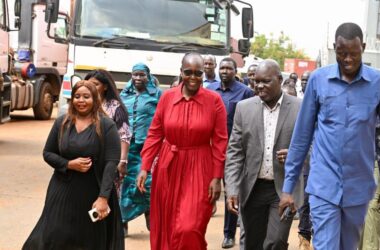By Mamer Abraham
Embassies of Canada, France, Germany, the Netherlands, Norway, the United Kingdom, the United States, and the European Union delegation have called on South Sudan government to remove illegal checkpoints hampering humanitarian aid delivery.
The diplomats pledged their full support to the South Sudanese people by alleviating suffering through the provision of humanitarian aid but urged the government to reduce the costs of delivering aid by stopping the illegal collection of revenue from aid agencies.
“We also call on the transitional government to take concrete steps to reduce the costs of delivering aid, such as those generated by checkpoints and other illicit efforts to extract revenue from humanitarian aid operations.” A statement seen by this outlet read.
They decried the humanitarian need of the South Sudanese deteriorated by the protracted conflict in Sudan, adding that the international community had donated over $1 billion this year alone.
“We are all appalled by the conflict in Sudan, which has created dire additional humanitarian needs and placed an extra burden on the South Sudanese people,” it continued.
The embassies and the EU delegates called on the government to increase its contribution to the humanitarian sector in a bid to improve the livelihoods of its citizens.
“We expect the transitional government to be a full partner in the effort to ease suffering and save lives in South Sudan by increasing its financial contribution to the humanitarian effort,” they continued.
They stressed the need for the country to be stable so that there could be notable economic development that would discourage dependency on humanitarian aid. The embassies also called for transparency and accountability in the execution of duties by government institutions.
Last month, the United Nations High Commissioner for Refugees, Filippo Grandi, appealed for $1 billion to address the humanitarian crisis caused by Sudan’s conflict in the region.
He stated that the government of South Sudan had pledged $15 million to aid in the transportation of people from the border to their settlements and urged the government to provide their pledge as soon as possible.
Refugees and South Sudanese returnees from Sudan are currently camped in Paloch, Renk, and other border areas of South Sudan, leading to a stretching of resources among the border communities.




